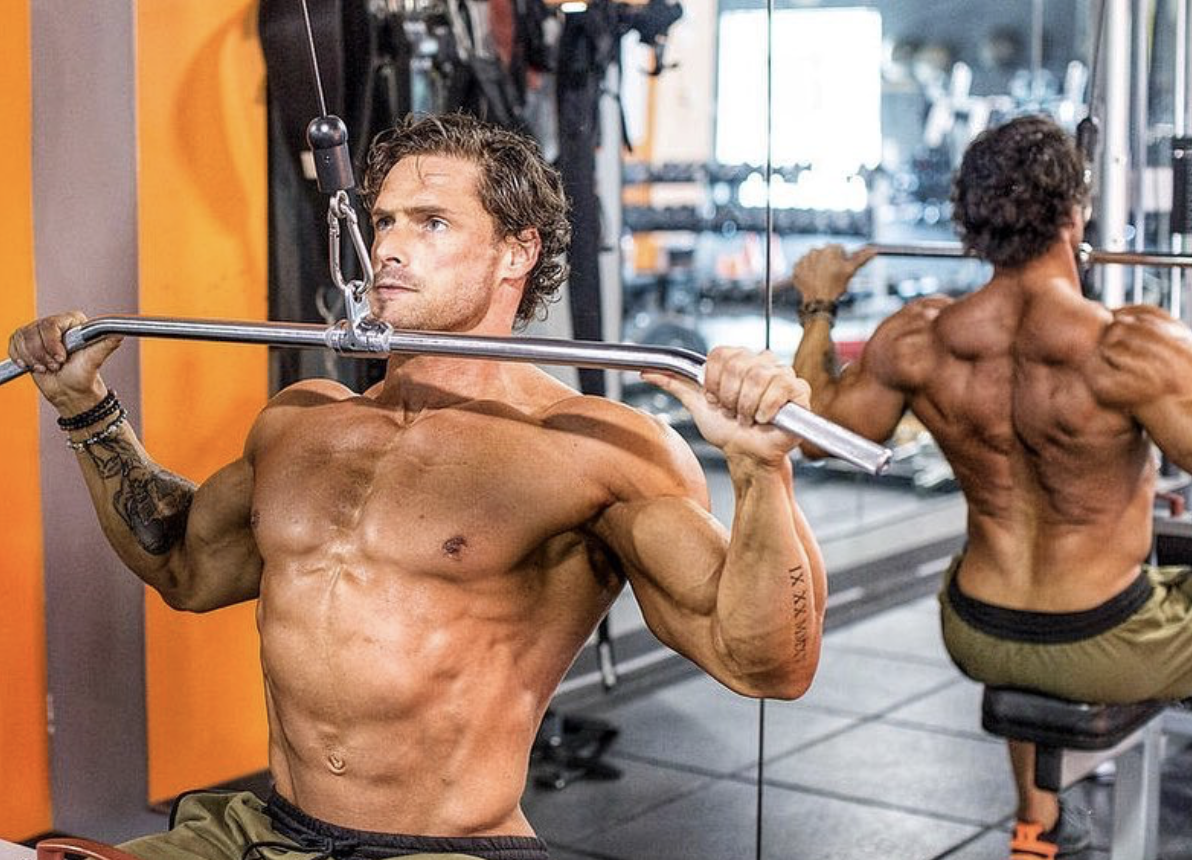Ask the Scientist

Jeff Golini is the owner of All American Pharmaceuticals and EFX Sports. He is a former competitive bodybuilder based in Venice Beach, but he’s also been in the supplement industry as a formulator, patent creator and manufacturer since the 80s. He has a PhD, and lives in Montana where he owns and runs a supplement factory. Jeff’s most famous for coming up with the idea of adding acid buffering ingredients to creatine monohydrate to help ease the damage the stomach acids have on the creatine you consume. This novel idea has created a massive following of buffered creatine users all over the world! Facebook. Instagram, YouTube

Do Keto Diets Hold Back Muscle Growth?
The Keto Diet is a high-fat, moderate-protein, and low- (or even no) carbohydrate diet. The basic concept is to force the body to burn fat for energy instead of carbohydrates.
Our bodies want to keep the process of fuel harvesting, processing, storing, utilizing, and finally waste disposal as seamless as possible. We weren’t designed to have the “production line” stopped then restarted at some point in the future.
The ultimate objective of the body is to produce and utilize adenosine triphosphate (ATP), a high-energy molecule that fuels the mitochondria. In turn, this process runs all of our biological processes. In addition, the body is also looking for macromolecules—proteins and polysaccharides, various fats, and, of course, the nitrogenous organic acid known as creatine. To fuel the furnace, we must consume foods with these variations.
With this said, too many athletes and bodybuilders are trying to grow in the off-season using a Keto Diet. They’re starving their muscles of critical protein for growth. They also lack energy from carbohydrates to put in the work at the gym to grow new muscle.
I’ve yet to find any scientific evidence that proves a Keto Diet is superior in promoting muscle mass increases better than other more “traditional” diets. Our bodies were designed to “want” carbs. The first enzyme to greet any food entering our mouths is amylase, an enzyme that catalyzes the hydrolysis of starch into sugar. We humans expect carb-laden foods—it’s as simple as that. Our body needs specific foods to give us maximum energy output and keep all our essential functions in motion.
 Carbs (glucose) are the major fuel for our muscles and brain. Without glycogen, there’s nothing to rapidly convert into glucose 6-phosphate for bursts of rapid activity. With that said, you need carbs to fuel your workouts for muscle growth and recovery. In other words, if you want to grow, you need carbs in your diet.
Carbs (glucose) are the major fuel for our muscles and brain. Without glycogen, there’s nothing to rapidly convert into glucose 6-phosphate for bursts of rapid activity. With that said, you need carbs to fuel your workouts for muscle growth and recovery. In other words, if you want to grow, you need carbs in your diet.
Cutting carbs drastically has a few sudden consequences on your health. The “low-carb flu” is the first thing you may notice. This is a series of symptoms that resemble a general flu—headaches, tiredness, general feeling of unwellness, social irritability, sugar cravings, and low mental and physical performance.
A low-carb diet will also result in lower energy levels. Muscles will feel fatigued early or even before any work is done because of glycogen stores already being depleted. You will never see a true athlete who wants any notable performance doing this.
A drastic restriction also leads to mineral depletion. You may think you’re losing fat rapidly. However, the weight is actually fluid and not body fat. This happens because carbohydrates are unique in that each gram is capable of storing three to four times its own weight in water. So, the first thing that’s dumped when carbs are scarce is important electrolyte-laden water that your system needs (ouch!).
How do you grow on a Keto Diet? You don’t! It’s just that simple.

